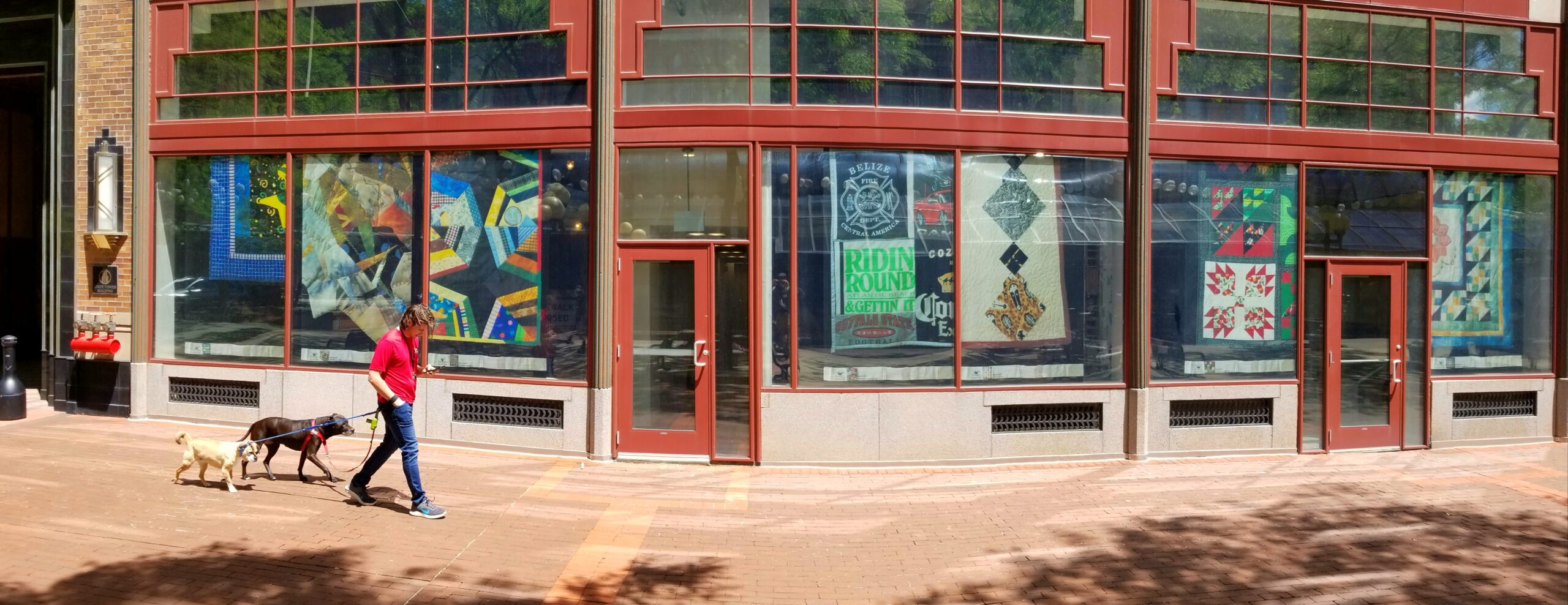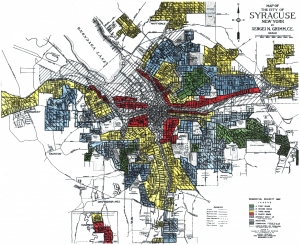
Guest Authors: Maribel Arce, Director of Grants and Planning, PEACE, Inc.
Todd Goehle, Vice President of Operations and Strategy, PEACE, Inc.
In November 2024, PEACE, Inc. and FOCUS Greater Syracuse, Inc. convened more than 80 community leaders, service providers, funders, and family members. Through the support of the Central New York Community Foundation, the Kresge Foundation, and the National Community Action Partnership, the event explored how to meet the basic needs of Onondaga County families living in poverty through a Whole Family approach, also known as 2Gen or 2 Generation. Inspired by the Aspen Institute’s Ascend 2Gen Framework, this approach integrates support across generations—addressing education, employment, financial stability, health, social capital, and housing.
Real Stories, Real Lessons
The goal of the “Whole Family Summit to Meet the Basic Needs of our Community“ was to learn about and enhance the community’s capacity to develop collaborative, family-centric solutions for overcoming basic needs barriers. The event offered insights from national and local experts who apply whole family approaches in their respective work. Incorporating these lessons learned, attendees participated in a human-centered design process and engaged with research-based, family case studies to develop solutions for barriers commonly faced by families.
Key Recommendations from the Summit
Participants offered several clear, actionable strategies and steps to serve families better:
1. Design with Families, Not for Them
Families are experts of their own lives. Their situations can be both complex and challenging. A crisis that happens to a family member can reverberate through an entire household. This can be especially true for families living in poverty where financial constraints might force painful decisions and limit their ability to respond to crises.
During the case studies, participants emphasized the importance of truly understanding families and the context in which they are trying to achieve their goals. Participants noted that many support services for families are overwhelmed by the magnitude of need in the community (e.g. housing, food pantries, and mental health support). As one participant noted, “There are so many waiting lists right now that by the time they get help, something traumatic has happened.” To effectively assist families in navigating this complex landscape, a whole family approach helps service providers understand each family’s strengths, fears, anxieties, and barriers. As a result, participants recommended solutions grounded in a whole family approach that expand the capacity and resilience of overburdened families and service providers by:
- Simplifying application processes.
- Creating a centralized application system.
- Using clear, accessible language (avoid acronyms).
- Offering flexible access points (online, in-person, phone) and delivering services outside of traditional 8:00 AM to 5:00 PM hours.
- Providing a clear timeline, step-by-step guidance, and regular check-ins with reminders.
- Including grace periods and recovery pathways for managing unforeseen setbacks.
- Providing childcare, transportation, and translation services to reduce barriers.
- Locating services in high-need neighborhoods through mobile units or satellite offices.
2. Strengthen Resilience-Building Networks
A whole family approach requires us to strengthen both formal systems and informal networks so families aren’t left to navigate challenges alone. A novel factor to the whole family approach is that it builds on the strength and resilience of families by emphasizing social capital. For the participants, true resilience emerges from relationships and collaborations across issues, providers, and generations. Specifically, participants proposed:
- Building social capital networks of service workers
- Investing in peer support groups and creating intergenerational community bonds
- Supporting advocacy groups and develop local facilitation skills
- Ensuring intergenerational voices are part of every conversation
3. Shift from Compliance to Thriving
While the Summit’s goal was to develop solutions for meeting basic needs, after applying the whole family approach, participants emphasized that meeting basic needs is essential but insufficient. To truly help families thrive, not just survive, we must move beyond systems that emphasize compliance to ones that foster resilience and success. Programs should offer client-driven rather than pre-determined solutions and reduce silos created by focusing only on targeted issues or client segments (i.e. participants noted that “Lead is affecting children’s lives, but we keep testing children instead of fixing the houses that are poisoning them.”) Action steps offered by attendees included:
- Providing Income and wealth-building programs like the Earned Income Tax Credit (EITC), Child Tax Credit, and Family Self-Sufficiency (FSS).
- Creating benefit slides—not cliffs—that support gradual progress out of services such as Onondaga County’s 2Gen Program.
- Educating families on poverty prevention and wealth creation such as estate planning, financial literacy, basic legal forms, life insurance, retirement savings, etc.
- Providing transportation solutions that impact access to everything from employment to healthcare to education
A Call to Serve, Not Just Strategize
The Whole Family Summit concluded with a powerful call to action from a community participant:
“Don’t pat yourself on the back for the goals you’ve met. Let the people tell you when you’ve actually helped them. Stop wasting time in meetings that make you feel good—get out and serve the people you say you’re serving.”
Sharing the report is part of FOCUS Greater Syracuse and PEACE, Inc.’s commitment to continuing this work alongside families and partners. Agencies can use this report to improve their programs and services. Together, we can build a Central New York where every family has the opportunity to thrive.
About PEACE, Inc.
People’s Equal Action and Community Effort, Inc. (PEACE, Inc.) has served as the federally designated Community Action Agency for Onondaga County since 1968. The agency pursues a mission to “help people in the community realize their potential for becoming self-sufficient” through nine antipoverty programs that serve 10,000 clients.
About FOCUS Greater Syracuse
FOCUS Greater Syracuse, Inc. is a citizen-driven organization that taps citizen creativity to bring about change in Central New York by enabling citizens, organizations and government to work together to enhance the quality of our lives and our economic future.





Recent Comments